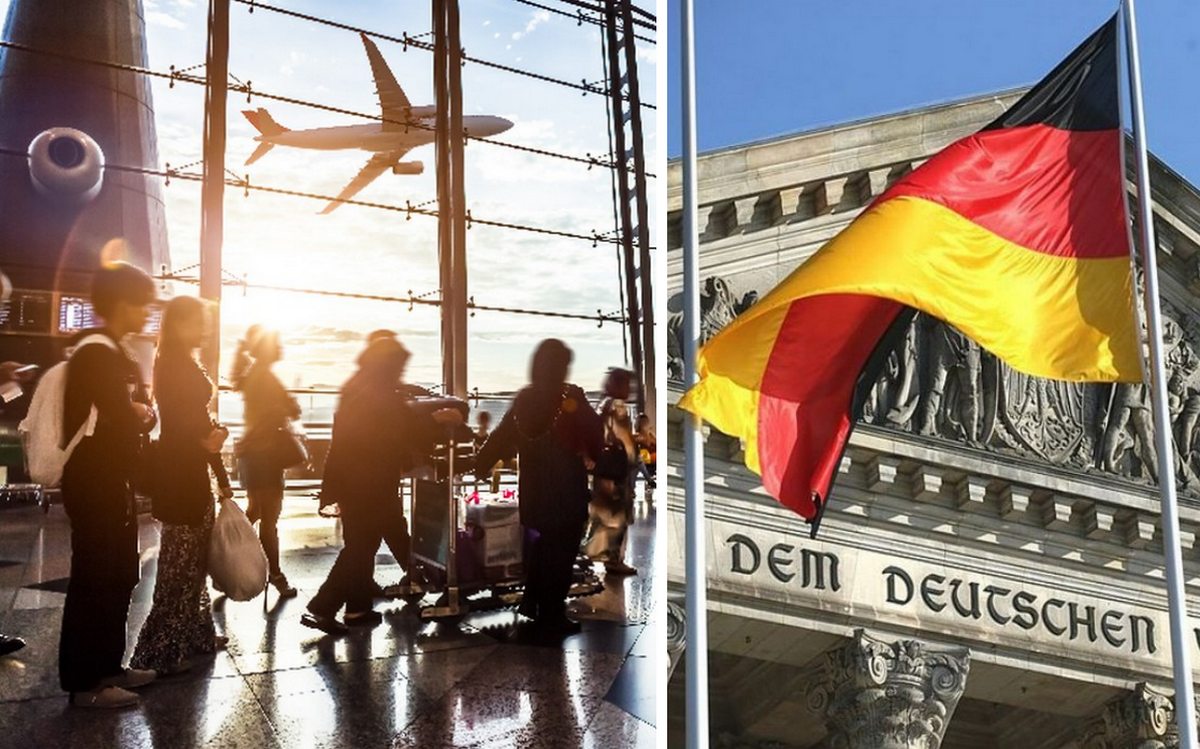The German government called on its citizens to leave Iran as soon as possible on their own and as part of the evacuation, as well as to stop all tourism in this country. Otherwise, they said, the Germans could be arrested and imprisoned for a long time due to daily anti-government protests across the country.
“For German citizens, there is a concrete risk of being arrested, interrogated, and sentenced to long prison terms,” the German Federal Ministry of Foreign Affairs said in a statement. The same warning applies to tourists with dual Iranian and German citizenship. Iran International also reported that the German embassy in Tehran, the capital of Iran, is evacuating the families of its employees and teachers working in German schools across the country.
It will be recalled that mass protests in Iran broke out in September of this year because 22-year-old Mahsi Amina died in a hospital after being detained by the police for improperly wearing a hijab. As a result, the protest turned into one of the largest and deadliest in the country since the 1979 revolution. During the riots, more than a thousand people were arrested, and two hundred died. The authorities accused Western countries of organizing mass riots.
As relations between Tehran and Berlin become increasingly strained, Germany summoned Iranian ambassador Mahmoud Farazande for talks last week. Commenting on the situation, Foreign Minister Annalena Burbock also said last week that the human rights situation in Iran has worsened as security forces crackdown on women and men on the street.
“More than 13,000 people were reportedly arrested and more than 250 shot or beaten to death. The systematic oppression of women and ethnic, religious, and sexual minorities in Iran is not something new, but now it is reaching unprecedented levels,” she said in this regard.
On Thursday, October 3, the opposition member of the German parliament, Johann Wadeful, told The National that the response to the pressured decision by the regime in Tehran has so far been half-hearted at the German and European levels. At the same time, he asked Berlin to “tighten the screws” on the Iranian regime.
Also, Minister Burbok recently announced that Germany will introduce new sanctions against the citizens of the Islamic Republic for human rights violations by Tehran. In her statement, she stressed that visas would only be issued to holders of official and diplomatic passports when deemed necessary and that additional restrictions were expected to be imposed on members of Iranian organizations selected by the EU. According to the minister, since the Iranian regime acts brutally every day, even business deals with this country cannot continue as usual.

